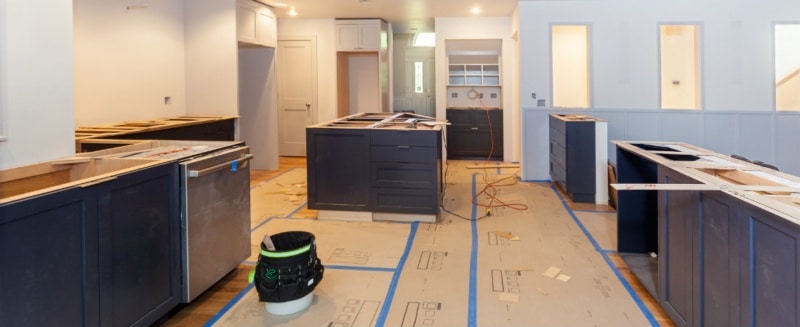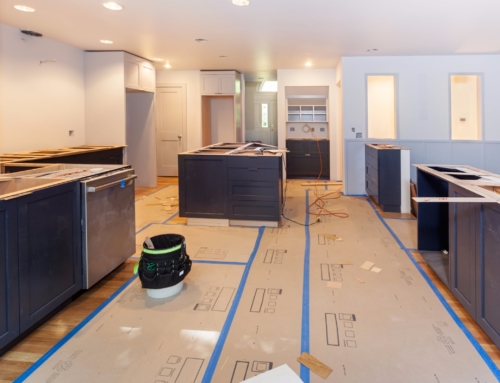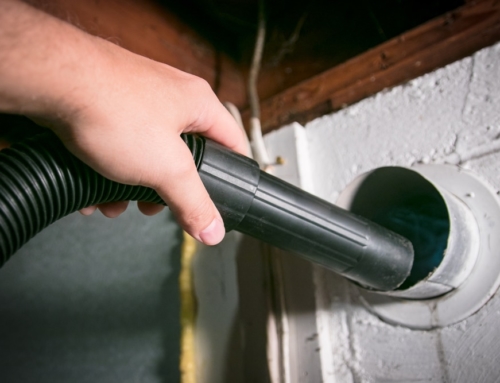Q: I’m thinking of starting a home remodeling business with one of my close friends. He knows the most about the home remodeling business because he has done it in the past and was successful with it. The only difference now is he doesn’t have the capital and has a low credit score due to his going through a tough divorce during that time period.
Since I’m very new to this line of work, I’d like to get all the advice and education about this business that I can before I get started.
So first off, I don’t have capital but I have a credit score over 720. Will I be able to take out a business loan to start a project? And if I can take out a loan, what type of loan should I get and do I need to have some kind of collateral to take out a loan? Maybe a better question is how does it all work?
A: It isn’t that hard to get into the home remodeling business; all you have to do is hang out a shingle. But making a home remodeling business work without getting into financial difficulties will be the challenge you’ll need to overcome. When you start off any business, it’s crucial to figure out how to avoid the major pain points and know ahead of time where is your greatest chance of screwing it up.
Think about the division of labor to start. If the division of labor is that your friend will provide the home remodeling, home fix it know-how, and you’re going to provide contacts and connections to get the work, and you’re going to divide the profits in half, that’s fine. Or, if you’re going to put up some cash to get started and he does the labor and marketing and you’ll divide the profits, that’s fine, too.
But there are other ways to divide the money. If he’s doing the fixing up of the properties and you’re doing the marketing, bookkeeping, and selling, AND you’re putting in the seed capital, then perhaps your share of any profits should be 60 or 75 percent. If you’re doing nothing for the business but putting in money (and, we’d suggest, keeping track of expenses), and your friend is doing everything else, then perhaps splitting the profits equally works.
The key thing is to having this conversation now and get your agreement about the business in writing BEFORE you start trying to borrow money.
There are lots of decisions to make: You’ll need to figure out what the ownership structure of the company looks like, what percent you and your friend own, what responsibilities each of you has, and how any cash you leverage or put into the business will be repaid before (or after) you and your friend get paid your salary, not bonuses. Will you hire employees? What benefits will you offer them and how will they be paid?
If you get through this first part of determining what the structure of the home remodeling business will be and how all the details will pay out, and then pay for an attorney to put your agreement in writing, and you both sign it signed, then you can figure out the next part, which is finding cash to get started.
You can borrow on a home equity line of credit (which will put your house at risk but will be cheap, fairly easy-to-get cash – if you have the equity) and you can talk to your bank about getting a personal line of credit (you will need to put up some collateral and it will be more expensive cash to borrow). There may be some other opportunities as well, such as charging against a store credit card, getting a Small Business Administration (SBA) loan, or getting future customers to pay half or a third of the cost upfront, and then more as you go along with the project (consider tying payments to project milestones). That would seriously reduce the amount you’d have to shell out.
Finally, you’ll need to know who is doing the work and how you’re going to pay your people if you’re going to hire someone else. So, think through how this business will work before pouring your heart, soul and equity into it. Good luck, and let us know what happens.
Ilyce Glink is a nationally-syndicated columnist and publisher of ThinkGlink.com. Sam Tamkin is a Chicago-based real estate attorney.







Leave A Comment